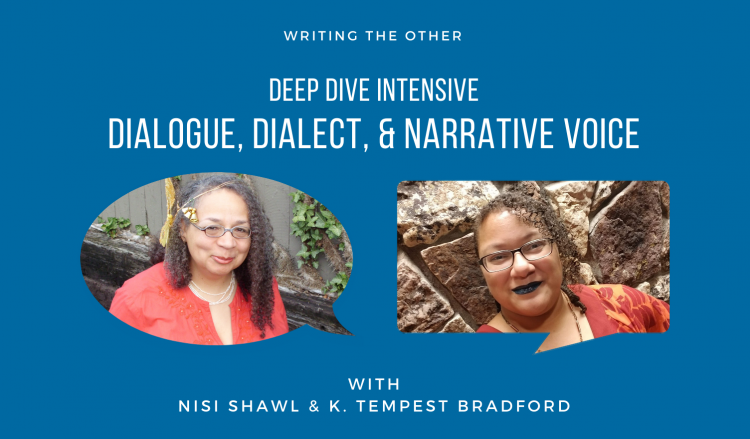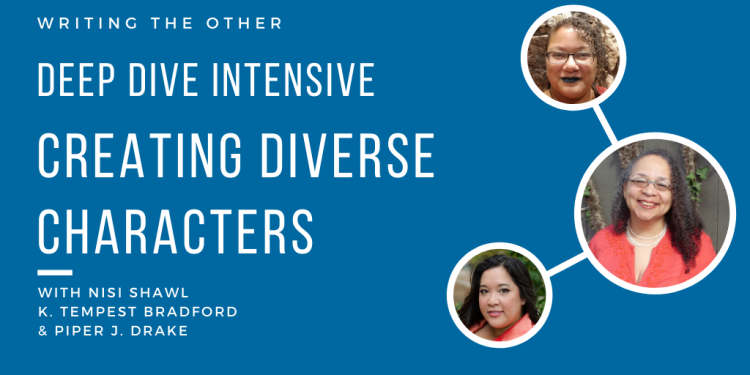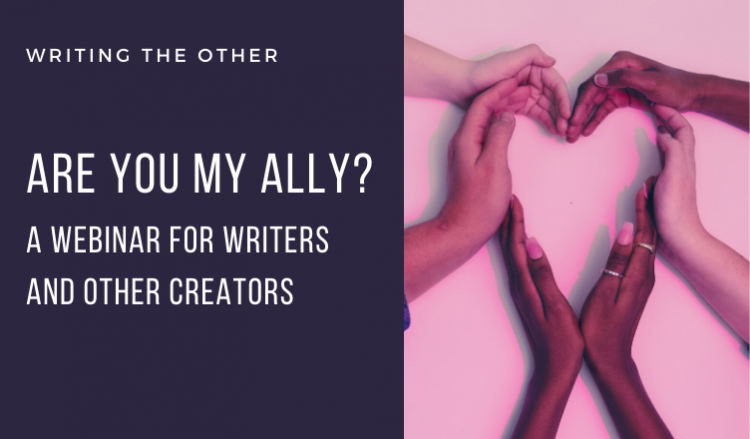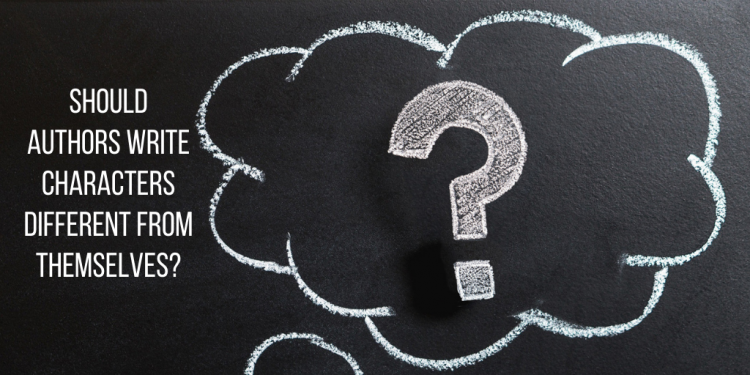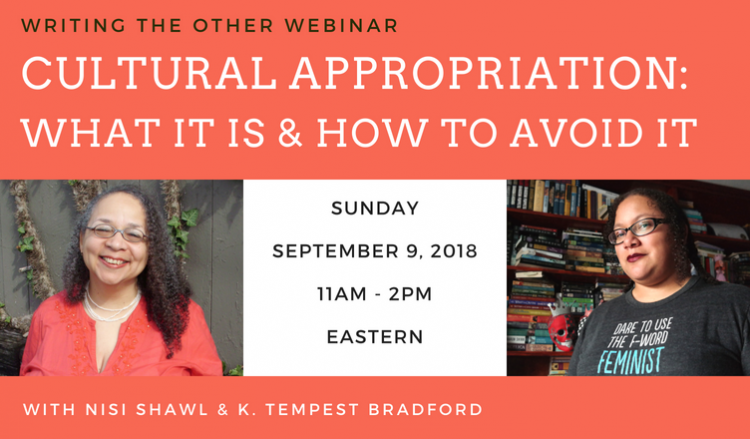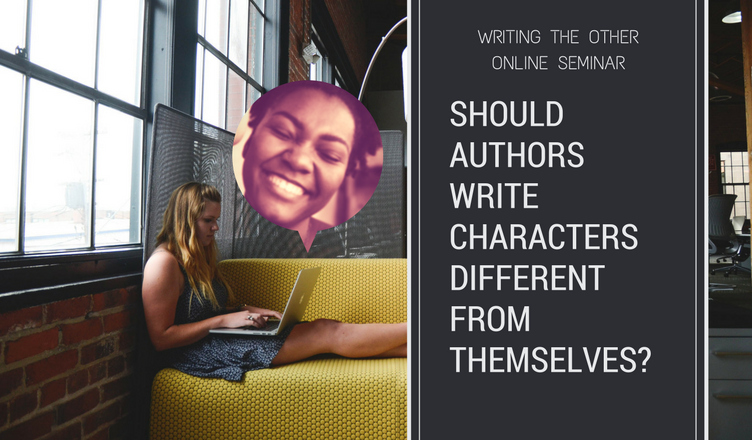The next Writing the Other class I’m teaching with Nisi Shawl is on Dialogue, Dialect, and Narrative Voice. Details below!
When: April 9 – 23, 2022
Where: Online via Zoom or Asynchronous classroom, accessible at your own pace
Price: $200 – $300 (Scholarships Available)
An essential part of creating a character is understanding how that individual speaks or communicates. For writers who are working to create inclusive fiction with diverse characters from races, cultures, and backgrounds different from their own, crafting appropriate dialogue is more than just idealizing and compressing speech to make it seem natural. It may also mean figuring out how to get across the nuances of language, accent, or dialect without Othering or exoticizing characters or the real cultures and identity groups they represent.
In this craft-focused class we’ll help you sharpen your dialogue skills and show you how to apply those same skills to the narrative voice through lectures, hands-on exercises, selected readings, and feedback. We’ll analyze ways familiar and unfamiliar cultural assumptions are embedded in texts and talk about alternative techniques for conveying difference via voice–yours and your characters’. At the end of class you’ll have a wealth of resources for further study and practice.
For all the details including required reading, the scholarship application, and more, please visit Writing the Other.com.

